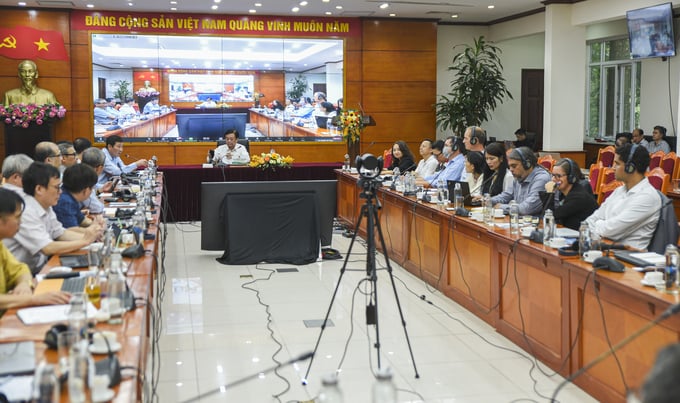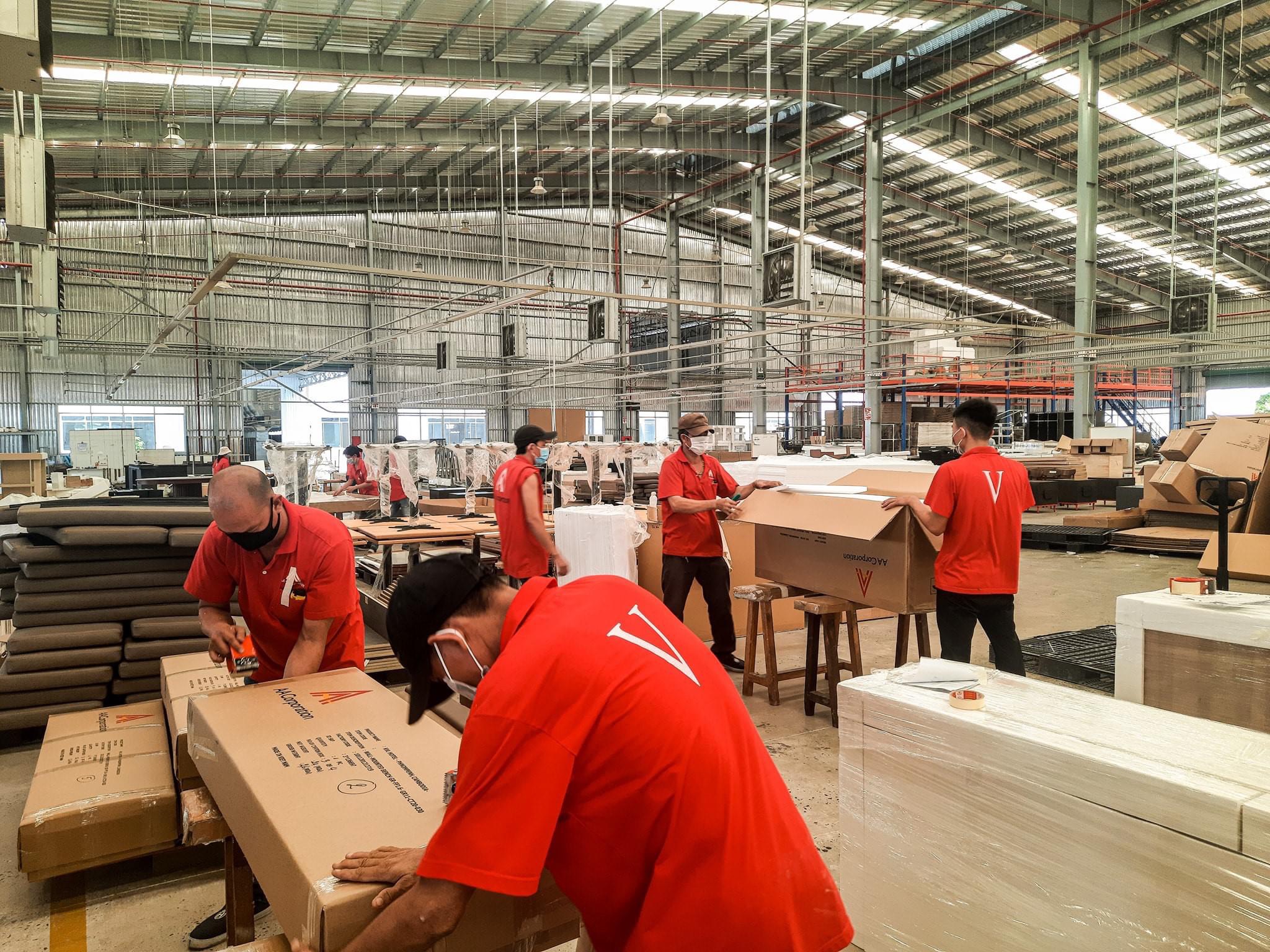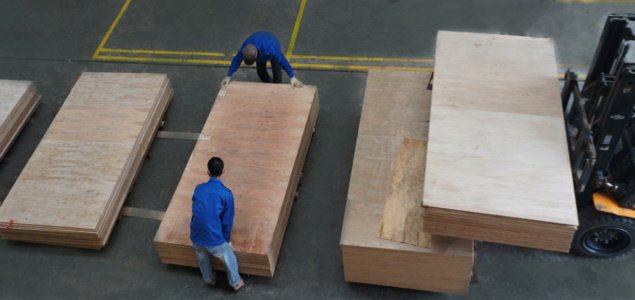As we step into 2024, the wood industry in Vietnam finds itself confronted with a myriad of challenges that underscore the need for adaptability and sustainable practices. With global statistics indicating a 15.8% decline in wood exports, valued at US$14.39 billion, the sector faces a complex landscape of evolving regulations and heightened scrutiny from major markets. In this article, we delve into the key issues affecting the wood industry’s sustainability and explore the changing dynamics in major export destinations.
- EU Deforestation Regulation (EUDR):
One of the foremost challenges facing the wood industry is the stringent EU Deforestation-free Regulation (EUDR).
This regulation mandates that products entering the EU market must provide irrefutable proof of legality, origin, and a commitment to preventing deforestation or forest degradation.
As a result, Vietnamese wood exporters are compelled to navigate through a complex set of requirements to ensure compliance, adding a layer of complexity to their operations.

- Global Regulatory Landscape:
Beyond the EU, other major export markets are enacting strict policies that pose hurdles for the wood industry. In the United States, heightened scrutiny requires an increased frequency of investigations and the application of trade remedies to ensure fair competition.
Compliance with labor and employment regulations further challenges the industry’s operational framework. Similarly, Japan demands sustainability certificates for wood products, emphasizing the global shift towards environmentally conscious trade practices.

- German Importer Specifications:
German importers, a significant player in the wood market, have raised the bar by demanding additional certificates from Vietnamese exporters.
These include detailed documentation related to product origin, employment status, wages, waste treatment, and other pertinent aspects.
The added scrutiny reflects a growing emphasis on transparency and accountability in the supply chain.

- Canadian Environmental Regulations:
Canada, another key destination for wood exports, is increasingly focused on environmental considerations in product design, manufacturing, and marketing. As the nation moves towards more stringent environmental regulations, Vietnamese exporters must align their strategies to meet these evolving expectations, emphasizing sustainable practices at every stage of production.
In conclusion, 2024 presents a challenging landscape for the wood industry, marked by a decline in exports and an intricate web of regulations. Navigating these challenges requires a proactive approach from industry players, embracing sustainability, and meeting the evolving demands of major markets. As the wood industry adapts to this shifting paradigm, it must not only meet regulatory requirements but also seize the opportunity to emerge as a leader in sustainable and responsible production practices.
Source: Fordaq.com




